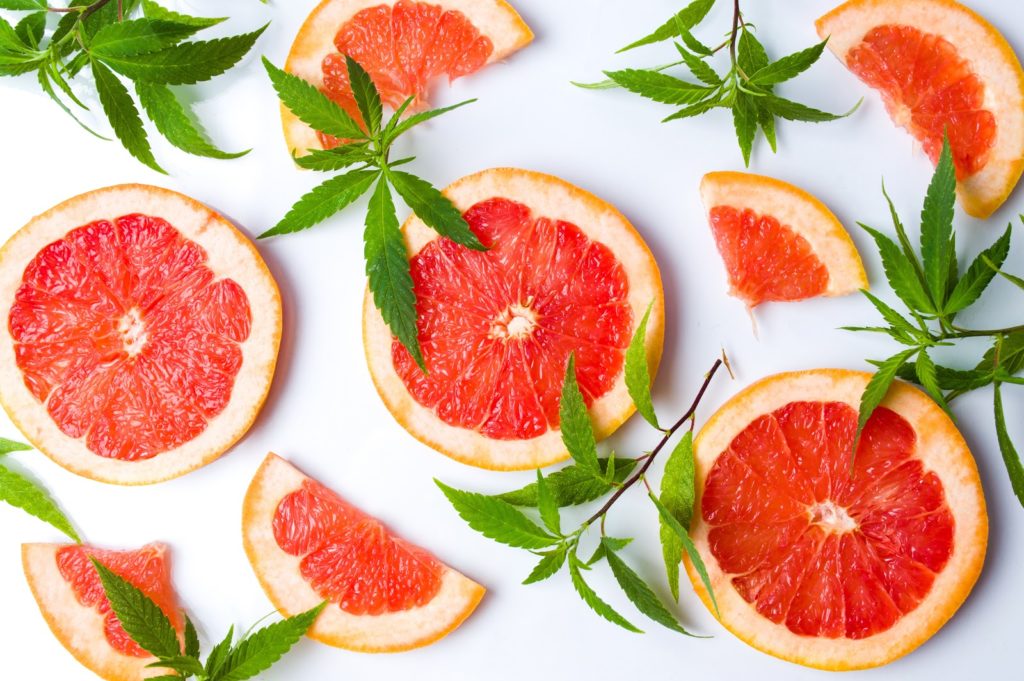
Here at PA Medical Marijuana Doctor, we offer guidance regarding the process of applying for a medical marijuana card in Philadelphia, PA. And we understand that as we get older, our appetites can change. In fact, some seniors find that their appetites rapidly decrease as they age. However, we all need to maintain a proper level of nutrition, especially as we get older and become more susceptible to disease. Let’s take a look at how senior citizens and those that take care of them could benefit from the appetite enhancing properties of cannabis.
Causes of Appetite Problems in Seniors
Mobility or Dental Issues
As we get older, problems with motor functions or lack of teeth can make eating food increasingly tricky.
Changes to Taste and Smell
Senses also age as people get older. Food can taste different than how it used to, and medications can affect the perception of flavor in many different foods and drinks.
Mood Disorders
Changes in lifestyle and physical decline can lead to depression and anxiety; both of these mental conditions can lead to a reduced appetite.
Lower Caloric Needs
We’re generally less physically active as we get older, and our metabolic rates can lower significantly. This means that we don’t need to consume as many calories to function as we did in our younger years.
Medical Treatments and Conditions
Illnesses such as cancer can cause appetite loss, with treatments like chemotherapy also lowering the appetite in a majority of patients.
How Medical Marijuana Could Help
Medical cannabis helps to stimulate appetite by:
Increasing Smell and Taste
For patients that have appetite problems because of their senses, medical cannabis could help. It helps to enhance our sense of smell, which in turn helps to improve appetite levels in most people.
Increasing Production of Our Hunger Hormone
When somebody has eaten enough food, the body releases a hormone called leptin to tell us to stop eating. Cannabis helps the body to counter leptin activity and release by encouraging the production of anandamide, our hunger hormone. This increases hunger levels and stimulates our appetite.
Increasing Dopamine Production
Dopamine is one of our “happy” hormones, and it is used to create positive associations and feelings in our brains. Medical marijuana use encourages dopamine production, which can offer positive reinforcement when we eat.
For more information, or to learn more about the process of applying for an MMJ card in Philadelphia, PA, contact us today.


